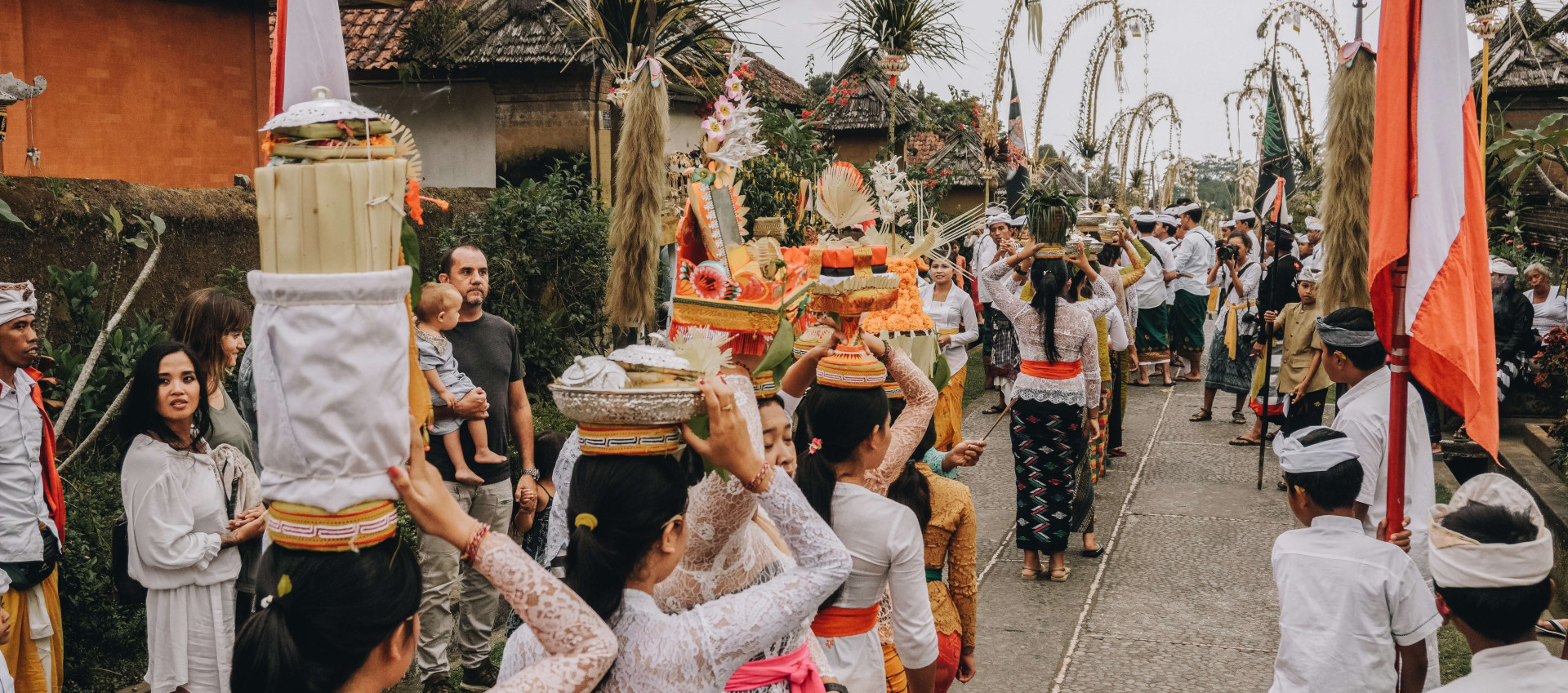Celebrate the AAPI Heritage Month by Holding Hands
In this AAPI Heritage Month, SHL’s Sabrina Wijaya shares her personal experience as an immigrant and 3 meaningful ways that we all can do to join the celebration.
Share
Imagine a world where everybody looks exactly the same, thinks exactly the same, and does exactly the same thing. Wouldn’t that be a mundane world?
I have always thought that it is the reason why we are all created differently in this world.
Diversity has always been present throughout the evolution of our universe and in our DNA—nature proves it. The climatic condition and topography change human physical adaptations—those who live in the Himalayas can withstand less oxygen in their lungs compared to those who live in the Pacific Islands. Though male lions are known for their manes, not all of them have manes. And even though zebra’s stripes look dizzyingly the same, do you know that each zebra has its own unique pattern?
Diversity is also driven by migration. Humans have migrated for as long as history remembers—it started about two million years ago when the first humans migrated from Africa across Eurasia. Since then, we multiplied and established different nations, including one of the most diverse countries in the world, the U.S.
The history of AAPI Heritage Month
The U.S. is made up of immigrants from all over the world, and one of the most prominent diasporas is the Asian American and Pacific Islander (AAPI) community. The first immigrants from the Asia Pacific documented in the U.S. are in the 1800s when a 14-year-old Japanese boy called Manjiro and around 20,000 Chinese workers, who helped complete the transcontinental railroad, arrived. Both migrations happened in May, despite being in different years.
While Manjiro eventually went back to Japan and was ordained a samurai and a political emissary between Japan and the West, his legacy stayed. To commemorate these two important migrations in the U.S. history, the whole month of May was made AAPI Heritage Month in 1992. This aim is to recognize and honor the AAPI community’s contributions to the history, culture, and success of the United States of America.
But this special period is not only for the AAPI community to celebrate—it is a celebration that every American and citizen of the world can also join. It certainly is for me, as I feel connected to the migration part of the story.
Diversity has always been present throughout the evolution of our universe and in our DNA.
Life in the eye of immigrants
I moved from my home country, Indonesia, to the Netherlands 10 years ago. Life as an immigrant and a person of color combined is not easy, I can tell you that. In fact, I often feel that I have to put extra effort into whatever I do, whether it is at work, school, or even when I simply want to make a new friend in my adopted country. I used to have the urge to constantly prove that I can also be as good as, or even better than the locals or my white peers. My paranoia came from the experience of being discriminated against and looked down upon as an immigrant.
In the past 10 years of my life in the Netherlands, I experienced some sporadic harassment. But when the Covid wave first came outside of China and swept the Netherlands last year, I experienced the worst harassment I have ever had. Several times when I entered the train, people in my carriage moved away to the next one when they saw me. On another occasion, I was called a virus and other derogatory terms. However, despite being verbally abused or openly discriminated against, what hurts me more is that nobody said anything against my attackers, nor did anyone come to support me.
My experience is not unique. We have heard so many xenophobic attacks happen against people with Asian and Pacific Islander heritage in the past year, with the recent one being the 2021 Atlanta spa shootings. That incident affected me emotionally even though I do not live in the U.S., it reminds me of many wrongdoings against people of color and in that case the Asia Pacific community.
These incidents made me and perhaps other people in the same position as I think, have I done something wrong to these attackers? The answer is no. And if the answer is no, why would I even have to think of that in the first place? I work earnestly to meet my ends, I pay my taxes diligently, and I never steal from anyone. I should never have to feel bad for being an immigrant and an Asian.
For the most part, I ignore people who discriminate against or verbally attack me with racial slurs because they do not represent Dutch society or any society at all. Instead of being negative, I put my focus on being grateful that people around me accept me for who I am. And, regarding people dashing away from the carriage I was in, thanks to them I had the whole area to myself—they are missing the experience, not me.
What AAPI Heritage Month means to me
AAPI Heritage Month is a reminder for the U.S. and the rest of the world of how strong and powerful we are together, despite being different from each other. Therefore, amid all the gloom in the world right now, I want to find a glimmer of light in the form of happiness and good memory. After all, I grew up in Indonesia, a beautiful country sandwiched between Australia and the Pacific Islands. I also want to take this month to honor my heritage and reflect on where I came from—spending my childhood hacking coconuts with my dad, digging some ginger and lemongrass in my mom’s spice garden whenever she needed those for her cooking, and picking mangoes with my family in the wild. Looking back, I would have never thought this tiny island girl would live in a faraway land, exploring and surviving the big world by herself.
AAPI Heritage Month is a reminder for the U.S. and the rest of the world of how strong and powerful we are together, despite being different from each other.
So, what can you do to partake in this month’s celebration, whether you belong to the AAPI community or not? Here are some simple but meaningful ways that I can share with you:
1. Think before you do or say something negative
Most immigrants experience discrimination and many have also had difficult lives before they came to their adopted countries. Think of what they may have been through and respect them by not commenting negatively or attacking them.
2. Speak up
I can never stress enough the importance of speaking up. The phrase “Silence is golden” is not always right, especially in this era. Call out misconduct and injustice against immigrants and people of color—or anyone. If you see somebody calling others a racial slur, then tell that person that it is not okay to do that; if you see a colleague being harassed, raise the issue to the higher manager or HR—say something. Our voice can be powerful, and we are blessed with it to change things. Just like Emeli Sandé sings in her song, “You’ve got a heart as loud as a lion, so why let your voice be tamed?”.
3. Hold hands together
Let’s stand up together against discrimination towards immigrants and people of color. We must happily embrace our differences as humankind and think of the great things we can achieve if we are united. Say no to racism!
To all my colleagues and friends with Asian American and Pacific Islanders heritage, chin up and proudly celebrate your ancestry and legacy. And to the others, wherever you are, let’s use this momentum as a chance to celebrate diversity and make a change—because our world is so much more beautiful with diversity in it.
Check out our other blogs on diversity and inclusion.









